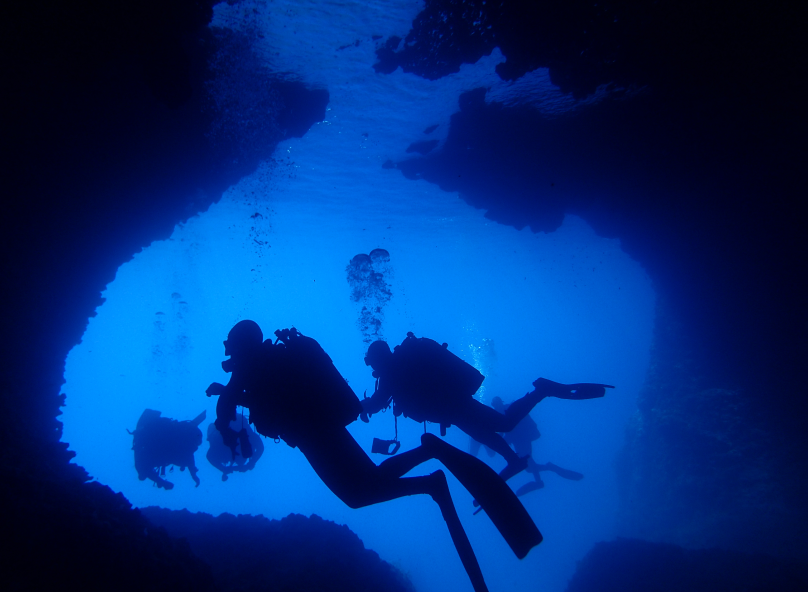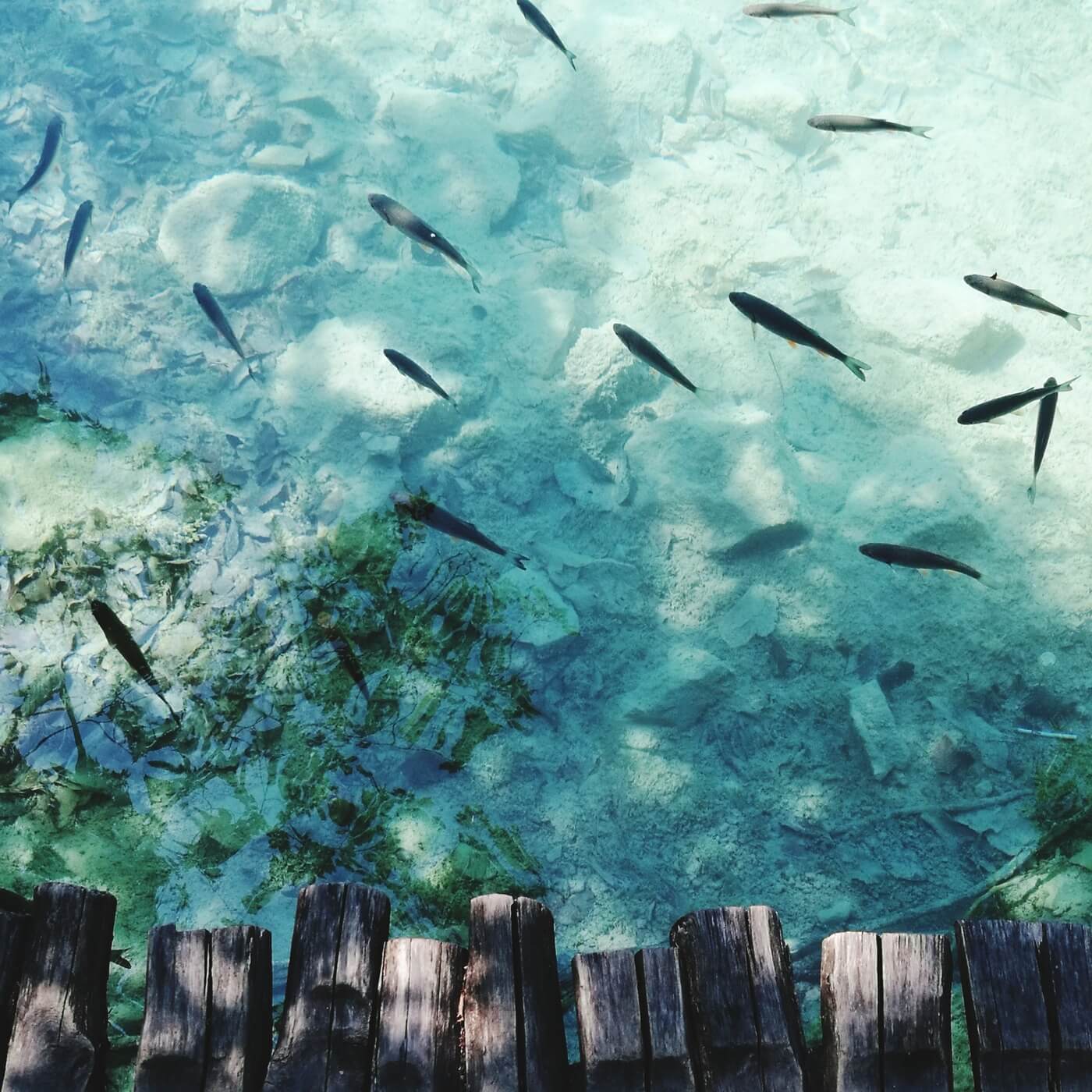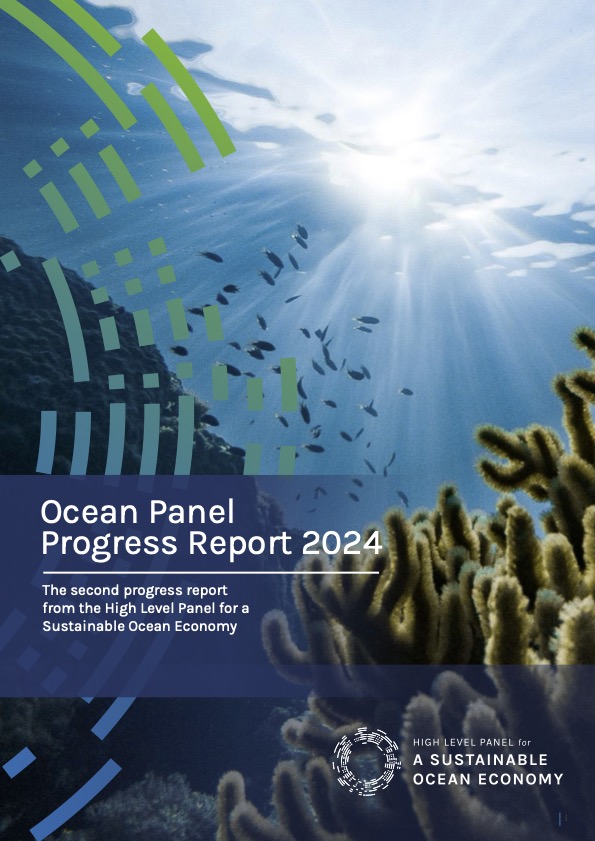The Ocean Panel’s Transformations agenda outlines a set of ambitious, yet practical recommendations to reshape the way we safeguard and utilise the ocean over the next decade—and ultimately manage humanity’s impacts on it—through transformative actions across these 5 key pillars: Ocean Wealth, Ocean Health, Ocean Equity, Ocean Knowledge, and Ocean Finance.
Transformations Agenda
Conocimiento del océano
Empowering Ocean Stewardship
It is paramount to enhance global ocean literacy, value natural ocean capital, and leverage ocean science, data, and technology to foster a comprehensive understanding of the ocean’s vital role and vulnerabilities, therefore informing sustainable decision-making across all sectors of the ocean economy.

Encouraging Progress
Good progress is being made across the Ocean Panel in enhancing ocean knowledge, literacy and cutting-edge science to inform sustainable decision-making, as evidence by the above graph. While there are still some gaps, the overall trajectory shows advancements on multiple fronts.
A highlight is around promoting transparent and open sharing of ocean data, with 10 countries reporting ‘some progress’, 6 countries reporting ‘significant progress’ and one country marking ‘achieved’ in this critical area. Having broad access to data provides the foundation for the knowledge-based approaches envisioned. Lastly, 16 countries have made some form of progress in ocean knowledge availability and investment.
The Ocean Decade
los Ocean Panel and the UN Decade of Ocean Science share a common foundation of promoting and using the best available science and knowledge to help us achieve a healthy ocean that is protected, is productive and supports a prosperous population.
The 2024 Ocean Decade Conference, held in Barcelona, identified sustainable ocean plans underpinned by collaborative ocean science and knowledge as a key future priority, and announced two new Ocean Decade programmes on sustainable ocean planning and sustainable ocean management in Africa. The Barcelona Statement called for increased engagement with the health sector to better understand connections between ocean health and human health inspired by the most recent Ocean Panel Blue Paper on the topic, How Can a Healthy Ocean Improve Human Health and Enhance Wellbeing on a Rapidly Changing Planet?
Two of the Ocean Panel’s Action Groups, Ocean Data Action Coalition (ODAC) and Global Ocean Accounts Partnership (GOAP), support the ocean knowledge pillar by leveraging ocean science and valuing natural capital.
los Ocean Data Action Coalition, an Action Group of the Ocean Panel run by HUB Ocean y Microsoft, brings together leaders from science, technology and governments to unlock ocean data across all sectors. At the core of this work is the Ocean Data Platform, a tool that makes it easier to share, collect, store and work with ocean data. ODAC’s mission aligns with the Transformations agenda 2030 outcome of ‘A globally shared data revolution has contributed to sustainable ocean management worldwide’ and shares the same goal of 100 percent sustainable ocean management.
The Global Ocean Accounts Partnership is an international, multi-stakeholder partnership established in 2019 to support countries in going beyond traditional gross domestic product metrics for the ocean. It currently has nearly 40 members from governments, research institutions and international organisations.
GOAP’s objectives are to accelerate and implement the five pillars of the Transformations agenda and support the achievement of the Global Biodiversity Framework targets (especially related to Targets 3, 14 and 19) and Sustainable Development Goals (especially 14, 15.9 and 17.19). Through its efforts, GOAP has supported more than 15 countries in undertaking pilot projects that have mapped 10.8 million hectares of marine and coastal ecosystems, demonstrating tangible progress in valuing and accounting for critical ocean ecosystems.
Specific Achievements
The Ocean Panel’s knowledge base now includes 25 peer-reviewed research papers that analyse the latest ocean science and knowledge and identify opportunities for action. Over 350 experts, operating across 54 countries contributed to this knowledge base, 50% of which were women.
Voices from the global north and global south were represented, with opportunities for relevant action in all countries. The resulting Blue Papers not only map out where action is needed to protect and restore the ocean, but provide solutions in technology, policy, governance and finance that can be applied immediately. A core selection of these papers was published in 2024 as a single body of work by Springer Nature called El compendio azul.
The Ocean Decade
The Ocean Panel and the UN Decade of Ocean Science share a common foundation of promoting and using the best available science and knowledge to help us achieve a healthy ocean that is protected, is productive and supports a prosperous population.
The 2024 Ocean Decade Conference, held in Barcelona, identified sustainable ocean plans underpinned by collaborative ocean science and knowledge as a key future priority, and announced two new Ocean Decade programmes on sustainable ocean planning and sustainable ocean management in Africa. The Barcelona Statement called for increased engagement with the health sector to better understand connections between ocean health and human health inspired by the most recent Ocean Panel Blue Paper on the topic, How Can a Healthy Ocean Improve Human Health and Enhance Wellbeing on a Rapidly Changing Planet?



